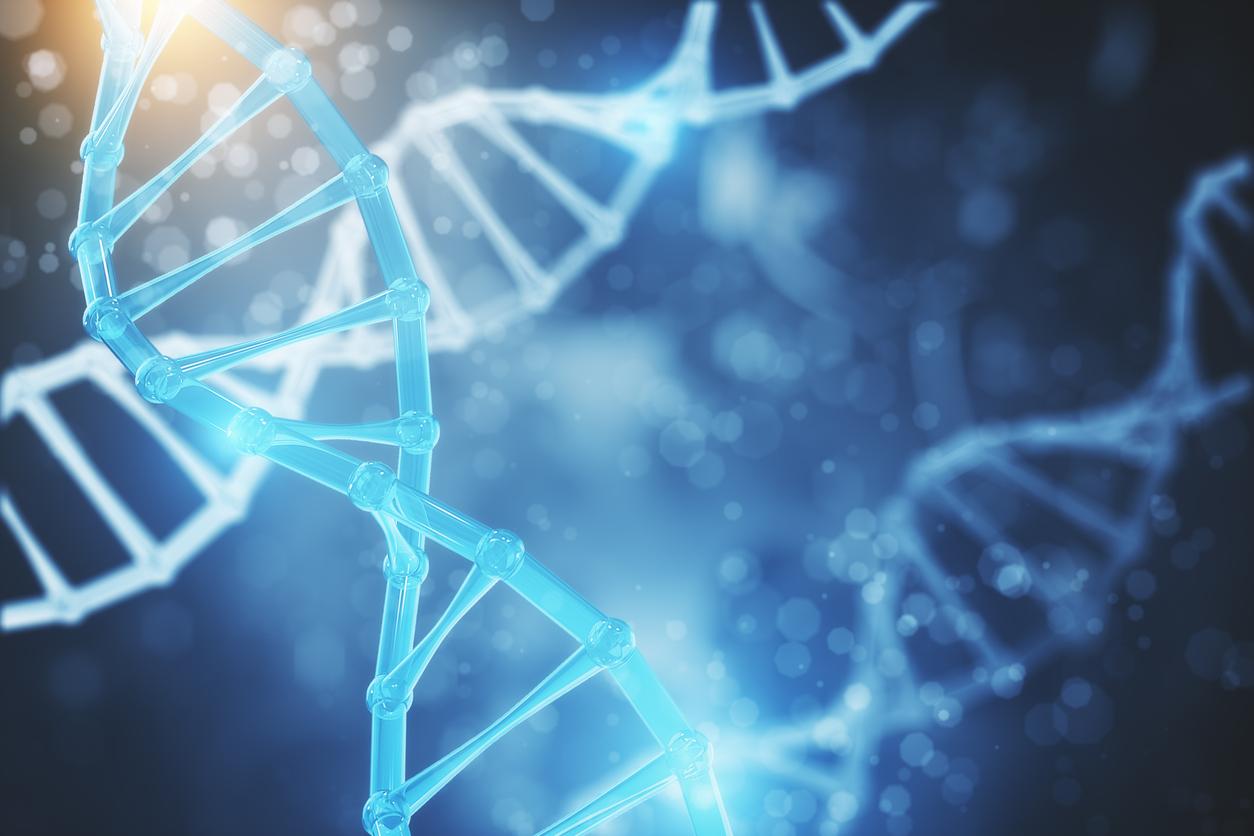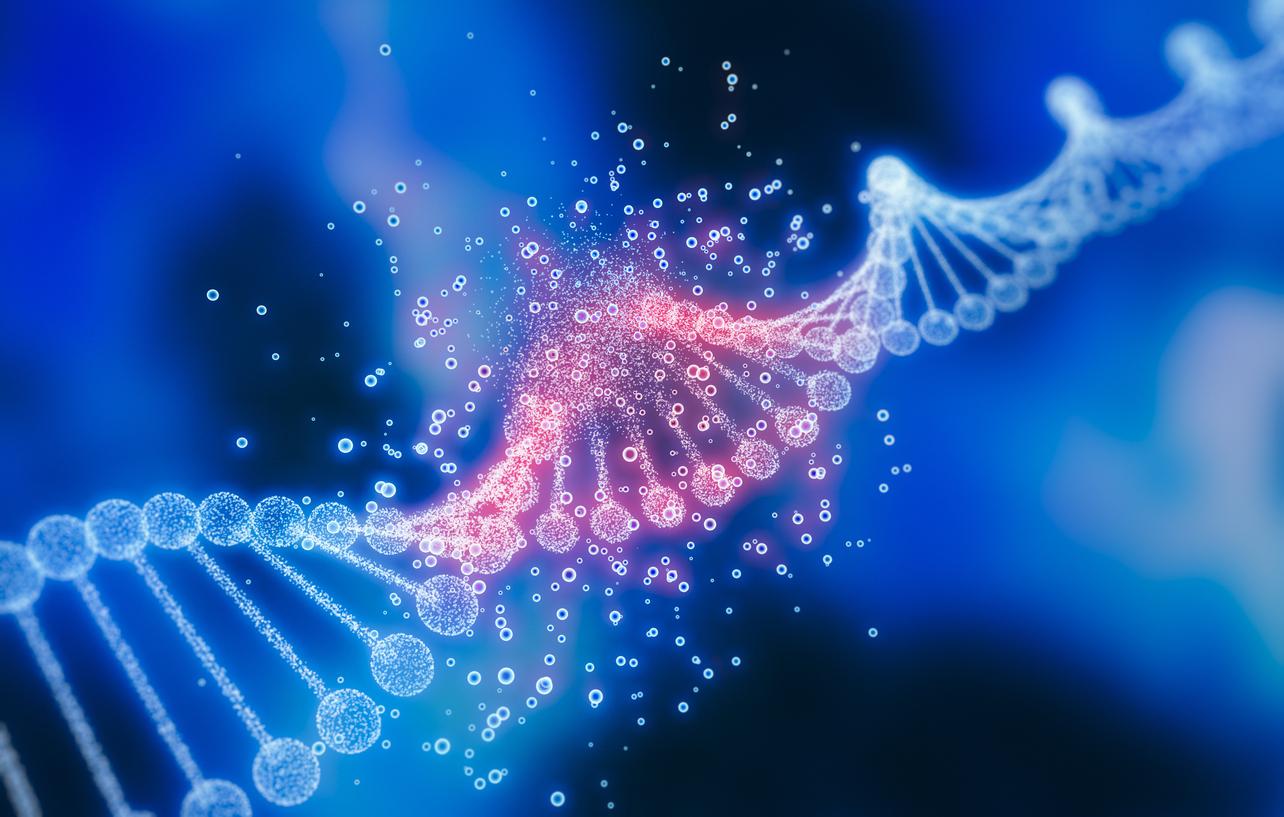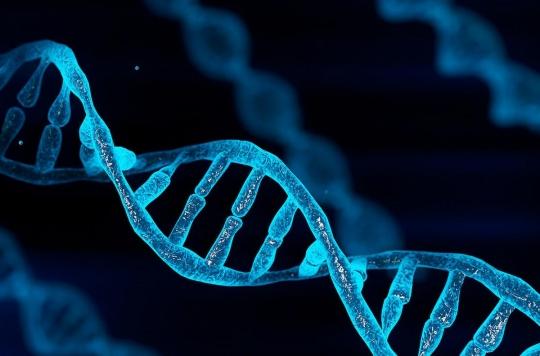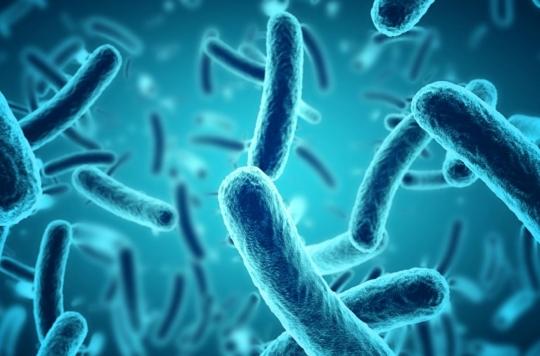Epigenetics is a bizarre term for very important news: the advent of predictive medicine. It is a word that many doctors do not yet know. This term means that our genes are not always changed dramatically, i.e. whole piece mutations, but can be transformed in very subtle ways, even by our environment and on the d scale. ‘a life.
We have several simple proofs of what I am putting forward: for example, this study carried out on the feeding of a population according to the harvests showed that a grandmother having lived a famine transmits this information to her descendants and, as a result, changes the DNA of his grandson, who can develop illnesses even though he has never known starvation.
Likewise, pregnant women during the events of September 11, 2001 showed that their children had higher cortisol levels. Cortisol is a substance secreted during stress.
This means that some diseases are not due to a large change in DNA over time, but perhaps to these epimutations. This does not explain the evolution of the species over millions of years if, for example, we assume that we are all descended from fish. In this slow evolution, it is impossible to highlight these modifications on the scale of a life, while epigenetics proposes to find the marks of the environment or the events of our life, on the genes of each one. of us and individually.
The changes can occur spontaneously, and this modification will not necessarily be present in the offspring. This is an important discovery, because epigenetic modifications are one of the foundations of biological diversity. It is also the world of a very individualized medicine which is announced. For example, let’s talk about cancer: we clearly know that it is often a disease of our genes. In humans, the number of cancers increases exponentially in the last decades of life.
However, if we try to verify it in the laboratory and put human cells in culture, spontaneous changes occur at a rate too slow to explain this phenomenon of aging. It is therefore that there are other mechanisms than the normal evolution of a cell that cause the appearance of cancers. Well, in many types of cancer the primary cause is thought to be an epigenetic phenomenon.
This explains the responsibility for the environment and, in particular, that of tobacco. To understand, it is perhaps a little cartoonish, some biologists have developed a theory in which each cell starting from an organ goes through a critical state which would be responsible for its future development not only linked to its genes and for this reason qualified as epigenetic. It’s a bit complicated, but the prefix “épi” suggests the notion of reversibility, which is interesting, because it can rhyme with the possibility of processing.
This concept of epigenetics is therefore taken very seriously, because it even makes it possible to consider predictive medicine in a very concrete way from a slightly less crude angle than to tell you that, if your parents have died of the heart, you must monitor yours, or that if you smoke you are at risk of heart attack or lung cancer.
There will be practical applications, as epigenetic mechanisms constitute new targets for the development of specific drugs. While waiting for this confirmation, we can already reconsider our heredity and defend the idea that we are not just pure products of our genes.
In practice, studies on stress and the labeling of our genes are fascinating. We have just noticed, in a very serious study, that a stressed child, in his mother’s womb, is more prone to future asthma attacks than others. We are starting to highlight these marks of stress on our genes, and it is not foolish to think that we will be able, with simple tests, in the very near future, to one day highlight those who are at risk of suffering from depression and manage them well before the first symptoms.
.

















